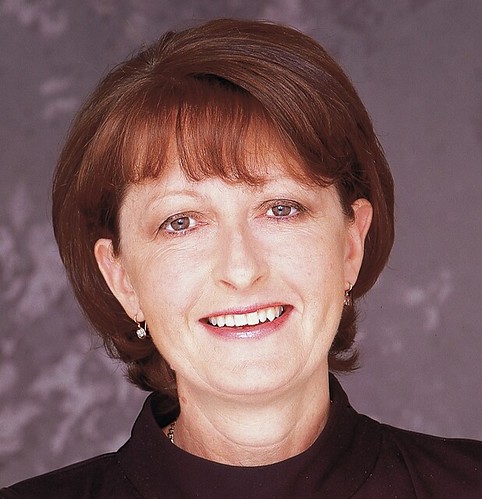Personal or political or both?
Whether doctors carry a social responsibility to address health-related matters beyond the care of their individual patients was the subject of an article in this week’s JAMA.
In particular, the authors investigated doctors’ attitudes to community participation, political involvement and advocacy through professional organisations.
Reading the article, I was reminded of my first, and inauspicious, foray into the community with my doctor’s hat on – a P & C meeting many years ago when my first child was in kindergarten.
Having volunteered as vice-president, my first objective was a healthy canteen, and somewhat nervously I addressed the meeting of strangers, giving them the usual spiel about obesity, diet etc.
Maybe it was because the woman who ran the canteen was morbidly obese, or because I was a brash newcomer threatening the shaky power structure of the organisation, but my speech was met with icy glares all round.
Only the school vice-principal spoke.
“Look love, brown bread’s just white bread with colouring in it anyway”, he told the meeting.
Needless to say, this wasn’t a battle easily won. Neither were my children always enamoured by my public health efforts – they never quite forgave me for the introduction of the broad-brimmed hat at their primary school, although I suspect they were secretly impressed when my dogged determination to get a road narrowed and pedestrian crossing installed near the school paid off.
Whether in small issues such as these, or on a larger stage, we doctors can make a difference.
Over 90% of doctors in the JAMA study agree, and support physician involvement in wider health–related issues, while a new UK GMC document says doctors should ‘protect and promote’ individual and public health.
We welcome your suggestions on how here.
In particular, the authors investigated doctors’ attitudes to community participation, political involvement and advocacy through professional organisations.
Reading the article, I was reminded of my first, and inauspicious, foray into the community with my doctor’s hat on – a P & C meeting many years ago when my first child was in kindergarten.
Having volunteered as vice-president, my first objective was a healthy canteen, and somewhat nervously I addressed the meeting of strangers, giving them the usual spiel about obesity, diet etc.
Maybe it was because the woman who ran the canteen was morbidly obese, or because I was a brash newcomer threatening the shaky power structure of the organisation, but my speech was met with icy glares all round.
Only the school vice-principal spoke.
“Look love, brown bread’s just white bread with colouring in it anyway”, he told the meeting.
Needless to say, this wasn’t a battle easily won. Neither were my children always enamoured by my public health efforts – they never quite forgave me for the introduction of the broad-brimmed hat at their primary school, although I suspect they were secretly impressed when my dogged determination to get a road narrowed and pedestrian crossing installed near the school paid off.
Whether in small issues such as these, or on a larger stage, we doctors can make a difference.
Over 90% of doctors in the JAMA study agree, and support physician involvement in wider health–related issues, while a new UK GMC document says doctors should ‘protect and promote’ individual and public health.
We welcome your suggestions on how here.


0 Comments:
Post a Comment
<< Home